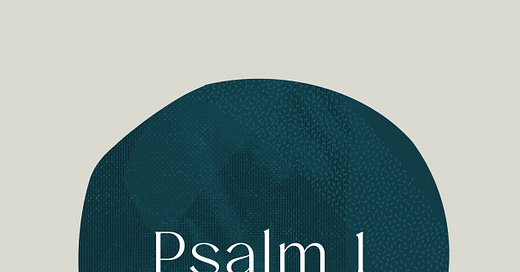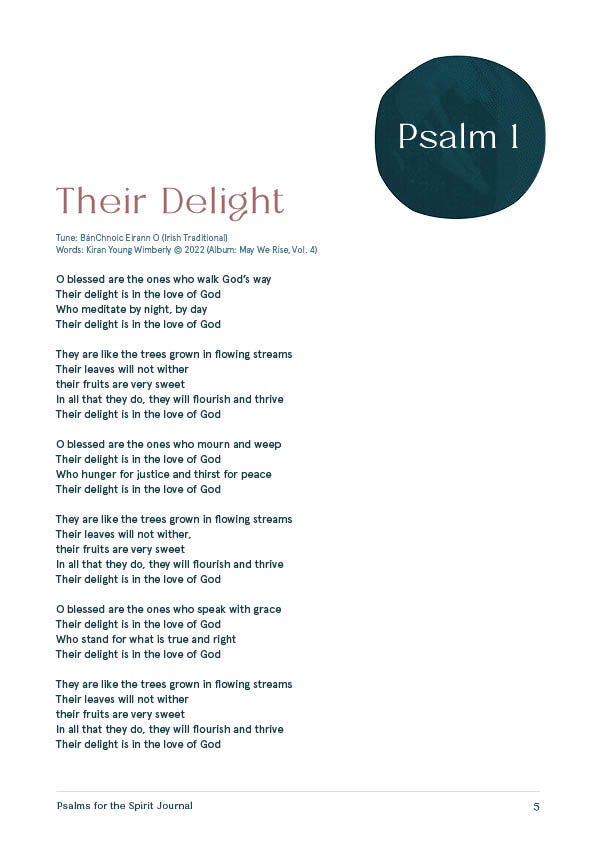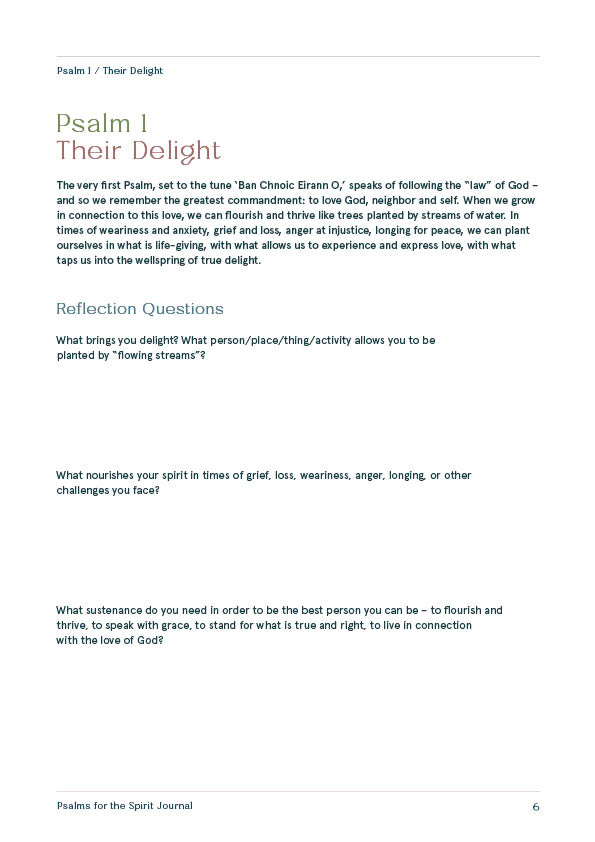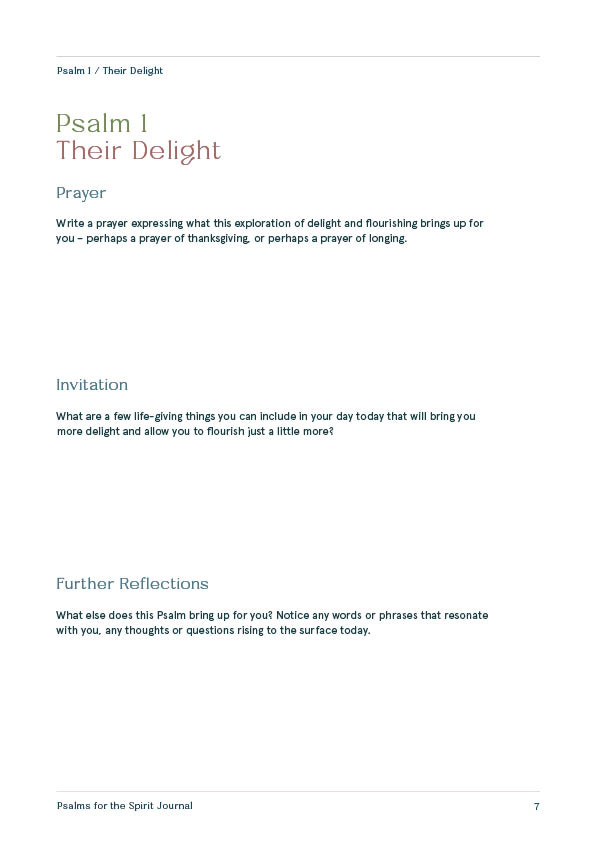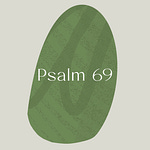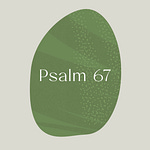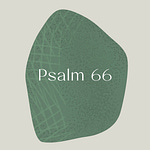The very first Psalm, set to the tune ‘Bán Chnoic Éirann Ó,’ speaks of following the “law” of God – and so we remember the greatest commandment: to love God, neighbor and self. When we grow in connection to this love, we can flourish and thrive like trees planted by streams of water. In times of weariness and anxiety, grief and loss, anger at injustice, longing for peace, we can plant ourselves in what is life-giving, with what allows us to experience and express love, with what taps us into the wellspring of true delight.
We opened TEDx Stormont with this song a few weeks ago, and it’s one of our favorites to open concerts with these days, because of its focus on those uplifting themes.
Listen to the podcast to learn a bit more about the background of the song and a few thoughts to ponder before listening to the song in full.
You can find lyrics, scores/books, mp3s, CDs, and videos for Their Delight on the Celtic Psalms webpage.
Paid subscribers receive a free journal ebook (180 pages) as well as an mp3 of the song of the week. The journal includes further questions for reflection and some invitations to prayer and practice.
See below for some sample journal pages - this is what you will find for each of the 44 Psalms… 180 pages worth of reflections and invitations to prayer and action.
With thanks to the brilliant creative and designer, Connie Hunter-Jamison!

